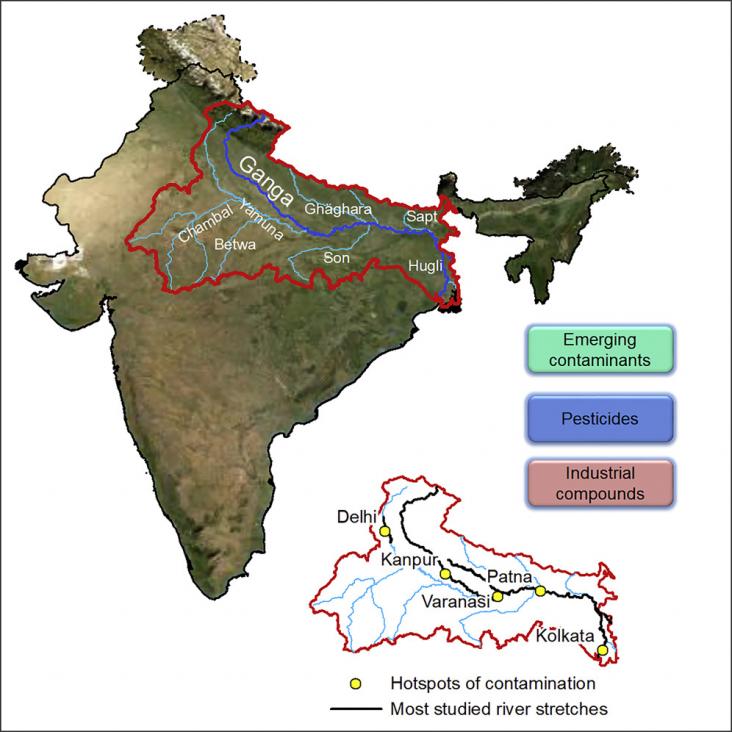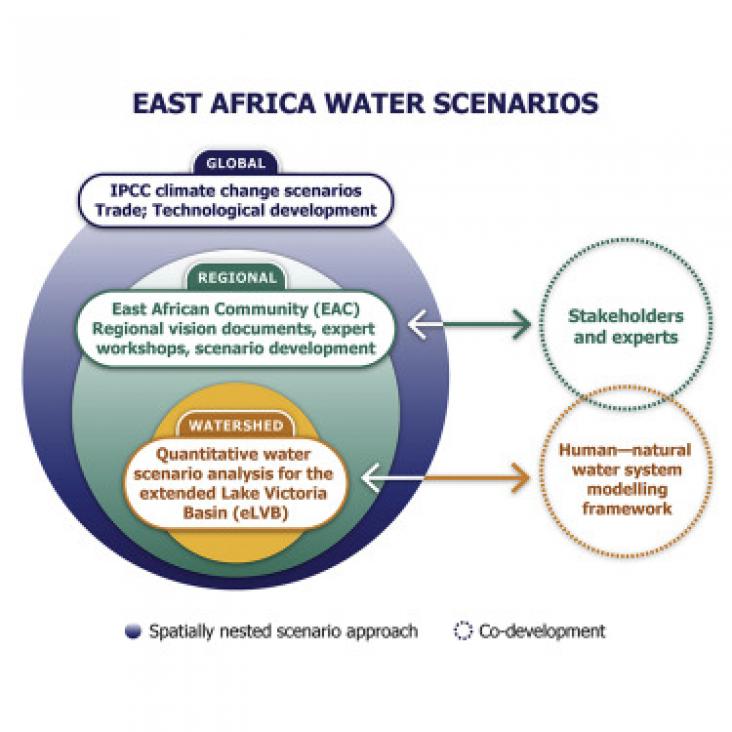
Advancing SDG 6, the RELX Environmental Challenge awards innovative projects that provide sustainable access to safe water or sanitation, with a first prize of $50,000 and a second prize of $25,000.
Elsevier,
Samuel M. Gorton, Chapter 41 - Integrated agroecological technology networks for food, bioenergy, and biomaterial production, Editor(s): Anju Dahiya, Bioenergy (Second Edition), Academic Press, 2020, Pages 767-788, ISBN 9780128154977, https://doi.org/10.1016/B978-0-12-815497-7.00041-5.
This book chapter advances SDGs 6, 7 and 11 by discussing how we can create integrated ecological technologies that transform natural resources into anthropocentric goods and services, while restoring the land and reducing pollution by returning beneficial materials or energy to the ecosystem.
This paper investigated the ways in which air pollution can be reduced through enhanced environmental sustainability by looking at groundwater, soil and stream sediment samples.
Samuel Lunardi, William Fernando de Borba, Jean Favaretto, Marcelle Martins, Henrique Baldi Faccenda
This paper discusses the groundwater contamination and its susceptibility in Serra Geral Aquifer, in Brazil.
RELX’s Global Head of Corporate Responsibility, Dr Márcia Balisciano, talks to Dr Annabelle Houdret and Dr Michael Brüntrup about water security, sustainable consumption and SDG 6.

World Water Day is an annual United Nations Observance focusing on the importance of freshwater and raising awareness of the 2.2 billion people living without access to safe water.To raise awareness of the value of water, Elsevier presents a curated list of free access journal articles and book chapters. At Elsevier, we are advancing #SDG6 research and ensuring that #Everydrop counts.

The Ganga basin includes some of the most densely populated areas in the world, in a region characterized by extremely high demographic and economic growth rates.
Anthropogenic activity is a major driver of seabird injury and mortality in the 21st century.

A hydro-economic assessment of the headwaters of the Nile River revealed the upstream-downstream linkages and interconnections among socio-economic development, climate change, and the environment.
This Viewpoint supports SDGs 3, 6, and 7 by discussing some of the reasons why many of the innovations and technologies for WASH (water, sanitation, and hygiene) and household air pollution developed in recent decades have not led to the expected improvements in health outcomes, and why many of these interventions have either been inconsistently adopted by low-income households, or not adopted at all.
